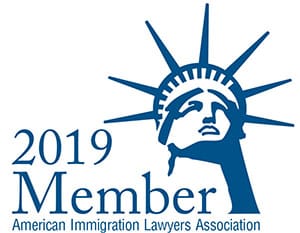In Maryland, a primary goal of estate planning is to ensure that loved ones inherit a significant portion of a person’s property without being obligated to pay a substantial estate tax and other fees. However, that is growing increasingly complex with the changes to the law that have already been implemented and others that may be on the way. Accounting for these changes and shielding as many assets as possible requires wise strategies. Knowing the law is a fundamental part of effective preparation.
Preparing for pending changes to the estate tax
Researchers say the people will be transferring a seemingly incomprehensible amount – $68 trillion – from now to the middle of the 21st Century. Gains in the stock market and in real estate has fueled the rise in wealth. Still, the changes to the tax code in 2017 – while reducing the income tax rate and multiplying by two how much could be exempted in the estate tax – will end after 2025. These laws are often adjusted depending on who is running the country and their governing philosophy. The current presidential administration is discussing raising taxes on high earners and people of means along with other tax options.
A new law called the Secure Act of 2019 also makes it necessary to think about strategies to protect heirs. Prior to the Secure Act, a so-called “stretch IRA” gave heirs who were not the testator’s spouse the opportunity to stretch their withdrawals of an inherited account. The new law is not as flexible and heirs will be required to clear the IRA within a decade and pay taxes on what was distributed. There are ways to avoid this such as a Roth IRA conversion. People who simply want to gift their assets to heirs can now do so with as much as $11.7 million and not pay federal taxes on it. That will also end after 2025 and be cut in half. Those who go beyond the maximum could owe as much as 40% in estate taxes.
Comprehensive estate planning is imperative to retain as much as possible
Well-off people who have created an estate plan should remember that the document should be adapted based on necessity. New laws that will radically alter how much heirs will need to pay in estate taxes is one such concern. Having experienced advice on how to protect loved ones and prevent estate taxes and other fees from cutting too deeply into the assets a person leaves behind is a wise strategy. Whether a person has yet to create an estate plan or is updating it, it is useful to have professional assistance to cobble together a blueprint.





